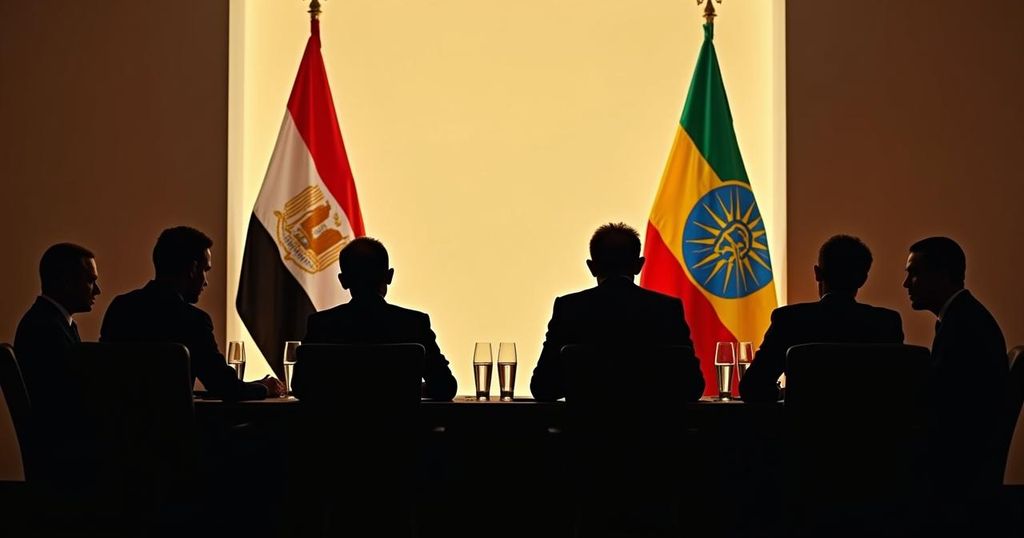Brics Meeting Ends in Stalemate as Egypt and Ethiopia Reject Consensus on Security Council Bid

The Brics foreign ministers’ recent meeting in New York ended without a joint statement, highlighting ongoing issues with consensus among newly added members. Key discussions included Middle East conflicts and prospects for expanding membership, underscoring tensions related to support for India, Brazil, and South Africa’s bids for permanent UN Security Council seats.
In an unprecedented turn of events, the recent gathering of Brics foreign ministers in New York concluded without issuing a joint statement. This marked the first occasion in the history of the Brics group—comprising Brazil, Russia, India, China, and South Africa—where consensus could not be achieved, a situation that has been attributed to the complexities introduced by the inclusion of new member states last year. The meeting took place amid the United Nations General Assembly discussions and was anticipated to yield a comprehensive 52-paragraph declaration addressing critical topics such as the Middle East conflict, proposals for a unified currency, and discussions about the potential accession of additional Brics nations at the forthcoming summit in Kazan, Russia, scheduled for October. Reports from Brazilian news outlet UOL, which have been corroborated by other sources, indicate that the meeting ended in a deadlock. A noteworthy condition stipulated by diplomats from India and Brazil prior to the expansion of Brics was that new members must express support for the aspirations of India, Brazil, and South Africa in their quest to secure permanent seats on the United Nations Security Council. This stipulation appears to have contributed to the inability of the group to reach a unified position during the latest discussions.
The Brics group was established to foster cooperation among emerging economies and to create a counterbalance to Western hegemony in global governance, particularly within influential institutions like the United Nations. With the recent inclusion of new members, the group faces the challenge of harmonizing different national interests within a framework primarily built on the collective goals of the founding members. The current impasse demonstrates the difficulties that arise when expanding a coalition that requires a delicate balance between various geopolitical aspirations, particularly regarding the contentious topic of Security Council reform.
The inability of the Brics foreign ministers to reach an agreement at the recent New York meeting underscores significant challenges faced by the group, particularly with the inclusion of new members who seemingly have divergent interests. This situation poses a critical question for Brics: how to effectively manage the differences among its expanding membership while still striving toward collective objectives that enhance their influence in global governance. As the group prepares for its next summit in Kazan, the capacity to unite around common goals will be pivotal for its future effectiveness.
Original Source: www.scmp.com








